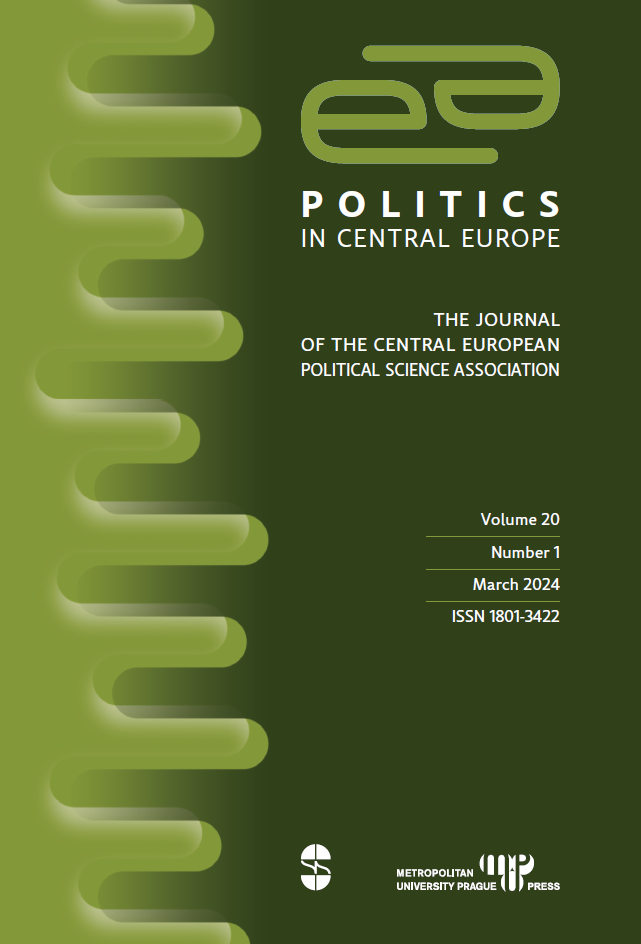Not in my House: EU-citizenship among East-Central European Citizens: Comparative Analyses
Abstract

The successes of right‑wing populist parties in Central and Eastern Europe, as well as a repeated distancing from the European Union, raise the question of whether there is such a thing as European citizenship at all. Citizenship is not understood as formal nationality, but as a sense of belonging. This ties in with the considerations of political cultural research. This article uses representative surveys to address the question: What about European Citizenship in Central and Eastern Europe? The results show that the feeling of belonging to the European Union in Eastern and Central Europe is better than its reputation and not lower than in Western Europe. However, there are differences in the recognition of plurality between the majority (not all) of Eastern European states compared to the majority of Western European states. In particular, the integration of Muslims is more strongly rejected. The same applies to the social acceptance of homosexuality. This partly explains the success of right‑wing populists in Central and Eastern Europe and marks a certain cultural difference, which is primarily directed against a wet model of democracy that is considered too open to plurality. In short: Central and Eastern Europeans also see themselves as Europeans and EU members, but their ideas of a European democracy differ from Western ideas – especially in peripheral regions.
Quellen
Pickel, Gert und Susanne Pickel. 2024. Not in my House: EU-citizenship among East-Central European Citizens: Comparative Analyses. In: Politics in Central Europe – The Journal of Central European Political Science Association 20, Nr. 1: 117–139
Weiterführende Links
https://www.politicsincentraleurope.eu/documents/file/PCE%202024/PCE_20_2024_1.pdf
